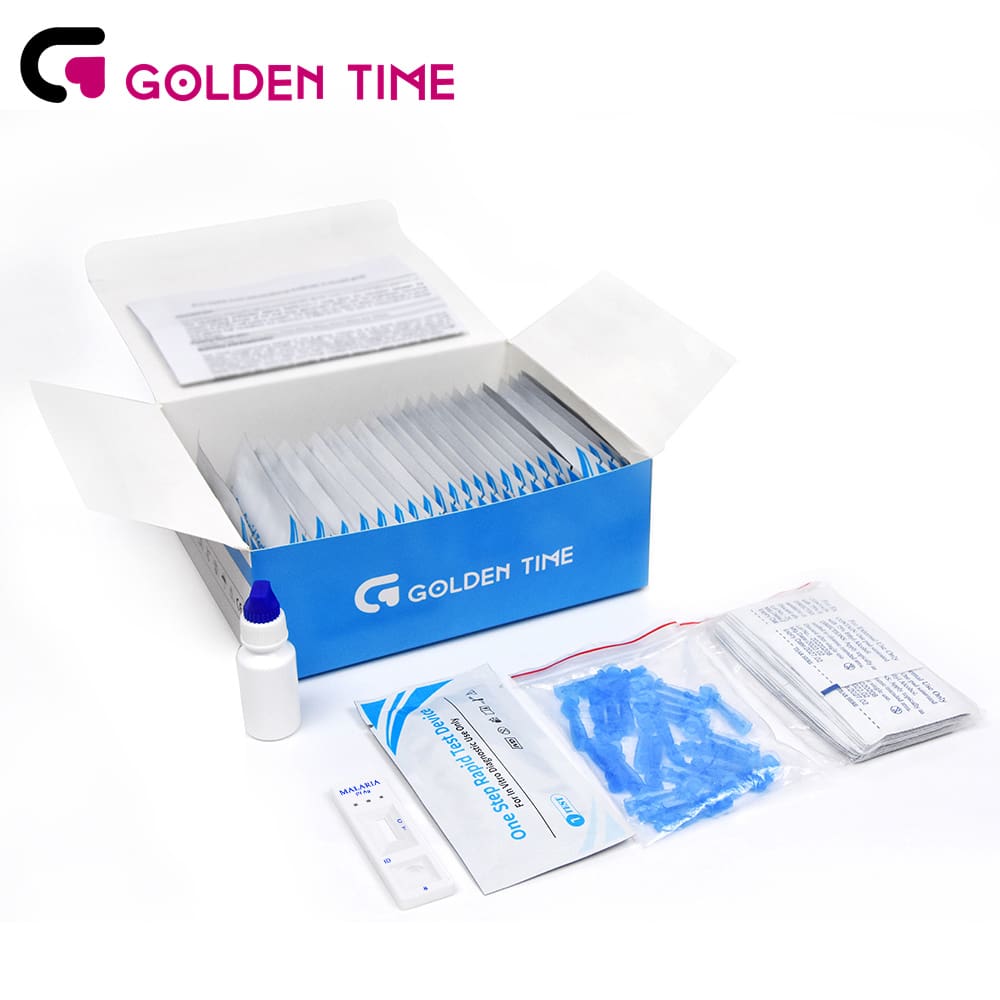Des . 21, 2024 02:44 Back to list
wholesale hiv home test kits manufacturers
The Rise of Wholesale HIV Home Test Kit Manufacturers A New Era in Self-Testing
In recent years, the global health landscape has undergone significant transformations, driven by technological advancements and a growing emphasis on preventive care. One of the most notable developments in this domain is the proliferation of wholesale HIV home test kits. These kits offer a convenient and confidential means for individuals to test themselves for HIV, ultimately aiming to combat the stigma surrounding the virus and improve early detection rates.
The emergence of wholesale manufacturers of HIV home test kits has been a game-changer for both consumers and healthcare providers. Traditionally, HIV testing was often conducted in clinical settings, which could deter individuals from getting tested due to privacy concerns or the fear of judgment. With the availability of home test kits, individuals now have the power to monitor their health from the comfort of their homes. This shift not only encourages more people to get tested but also aligns with broader public health goals of reducing the transmission of HIV.
The Rise of Wholesale HIV Home Test Kit Manufacturers A New Era in Self-Testing
The process of using an HIV home test kit is relatively simple and user-friendly. Most kits come with detailed instructions, making it easy for individuals to collect a sample (typically saliva or blood) and follow the testing procedure. Results are usually available within 15 to 30 minutes, providing quick feedback and reducing the anxiety associated with waiting for results. This immediacy not only helps individuals understand their status but also empowers them to seek medical advice or start treatment if necessary.
wholesale hiv home test kits manufacturers

Wholesale manufacturers are also committed to ensuring that their products are accurate and easy to use. Many of these kits undergo rigorous testing and comply with regulatory standards set by health authorities, ensuring that consumers receive reliable results. This quality assurance is crucial in gaining the trust of potential users, particularly in regions where misinformation about HIV testing persists.
Moreover, the affordability of wholesale HIV home test kits has expanded access to testing for many individuals who might otherwise lack resources. Increased competition among manufacturers has resulted in lower prices, making these kits more accessible to underserved populations. Programs aimed at subsidizing costs or distributing free test kits in high-risk communities further support this initiative, emphasizing a community-oriented approach to health.
In addition to increasing access and convenience, these home test kits also play a significant role in destigmatizing HIV testing. By shifting the testing environment from the clinical setting to a personal space, individuals may feel more comfortable learning about their status without fear of societal judgments. This normalization of self-testing can foster a more supportive dialogue around HIV, encouraging those who test positive to seek treatment and support without the associated shame.
Looking toward the future, the wholesale HIV home test kit market is expected to continue its growth trajectory. As technology evolves, manufacturers are likely to integrate new features such as mobile applications that enable users to track their health status, connect with healthcare professionals, and access further resources. The continued partnership between manufacturers, healthcare providers, and community organizations will be essential in promoting HIV awareness, further reducing stigma, and enhancing the overall health of populations.
In conclusion, the rise of wholesale HIV home test kit manufacturers marks a significant progress in public health efforts to combat HIV. By providing accessible, affordable, and private testing options, these kits empower individuals to take charge of their health, contributing to early detection and treatment. As society continues to advance in understanding and addressing HIV/AIDS, the importance of these innovative solutions in promoting overall health cannot be overstated.
-
Dengue NS1 Rapid Diagnostic Test Kit
NewsMar.07,2025
-
Dengue NS1 Rapid Diagnostic Test Kit
NewsMar.07,2025
-
Dengue NS1 Rapid Diagnostic Test Kit
NewsMar.07,2025
-
Transferrin Rapid Test Cassette Tumor Marker TF Card
NewsMar.07,2025
-
Malaria Pf Pan Rapid Diagnostic Test Kit
NewsMar.07,2025
-
malaria pf / pan ag rapid test
NewsMar.07,2025

